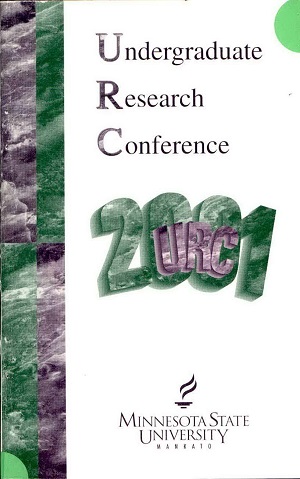Born to Rape?
Location
CSU
Student's Major
Anthropology
Student's College
Social and Behavioral Sciences
Mentor's Name
Paul Brown
Mentor's Department
Anthropology
Mentor's College
Social and Behavioral Sciences
Description
The field of behavioral ecology is concerned with tracing the link between ecological factors and adaptive behavior. Certain theories in behavioral ecology stress the importance of sexual selection through mate choice. An emerging theory in this field pertains to the male propensity for coercive sexual intercourse. This theory does not imply that this behavior is absolutely biologically determined. It simply states that rape, while socially unacceptable to modem humans, may have been beneficial to some males in some circumstances. Was this behavior advantageous to some of our evolutionary ancestors? Does this biological "hardwiring" mean that males have a license to rape? This paper will attempt to answer these questions through an analysis of current behavioral ecology literature concerning male vs. female reproductive strategies. I will also address the social implications of this data.
Born to Rape?
CSU
The field of behavioral ecology is concerned with tracing the link between ecological factors and adaptive behavior. Certain theories in behavioral ecology stress the importance of sexual selection through mate choice. An emerging theory in this field pertains to the male propensity for coercive sexual intercourse. This theory does not imply that this behavior is absolutely biologically determined. It simply states that rape, while socially unacceptable to modem humans, may have been beneficial to some males in some circumstances. Was this behavior advantageous to some of our evolutionary ancestors? Does this biological "hardwiring" mean that males have a license to rape? This paper will attempt to answer these questions through an analysis of current behavioral ecology literature concerning male vs. female reproductive strategies. I will also address the social implications of this data.




